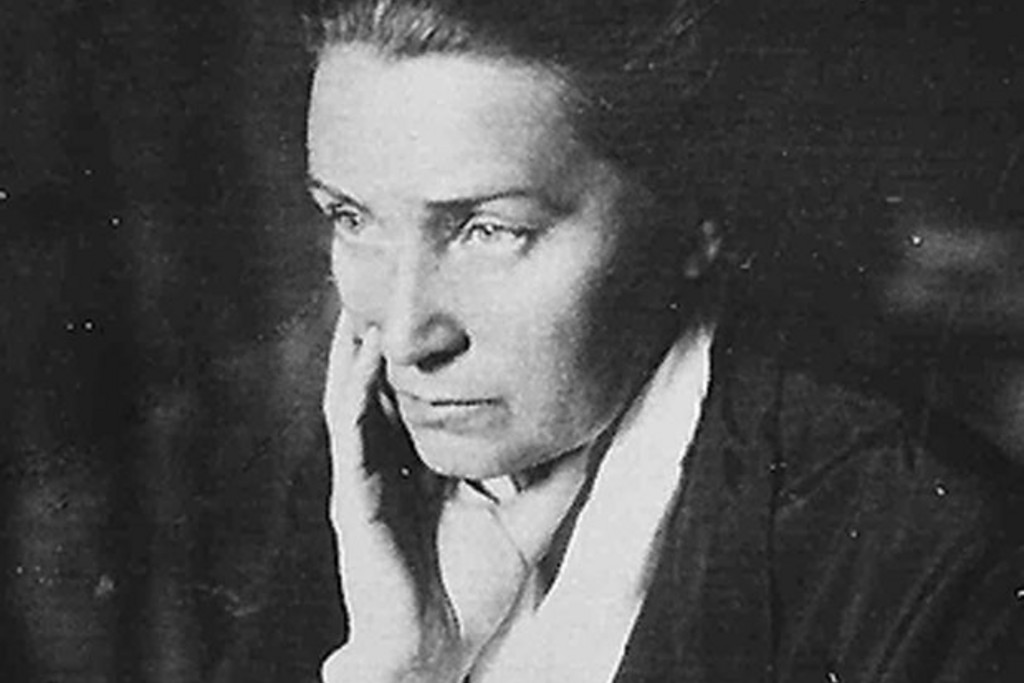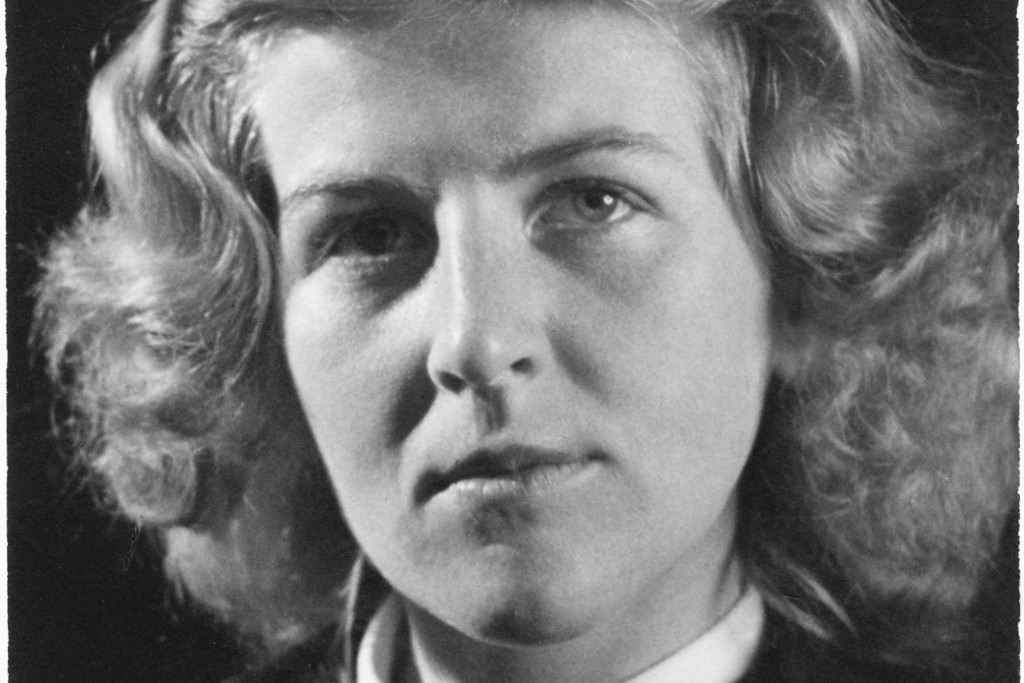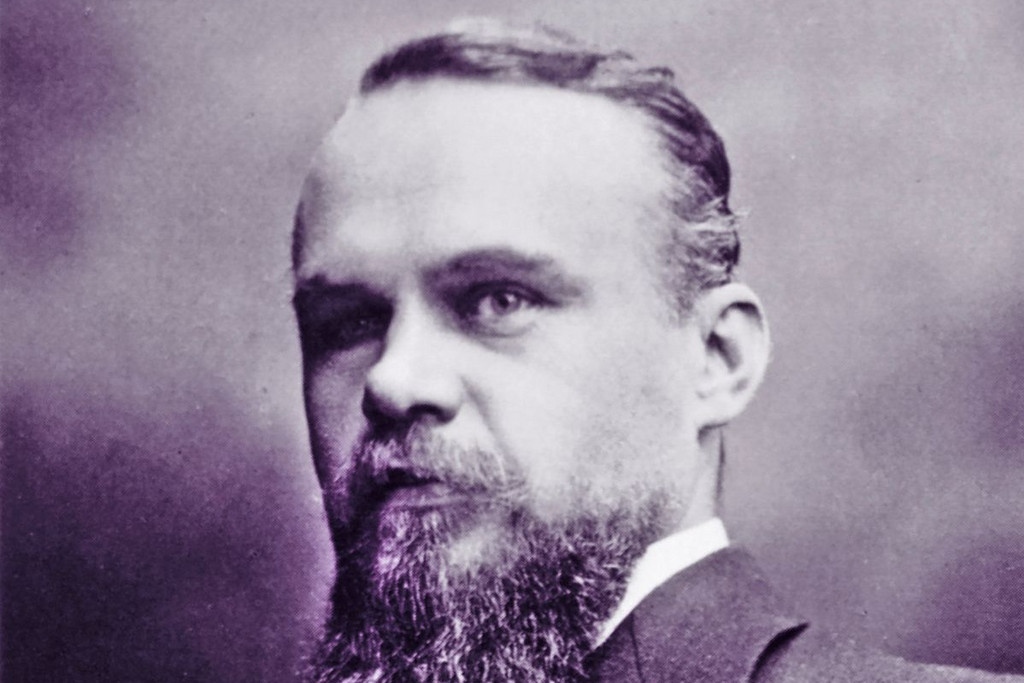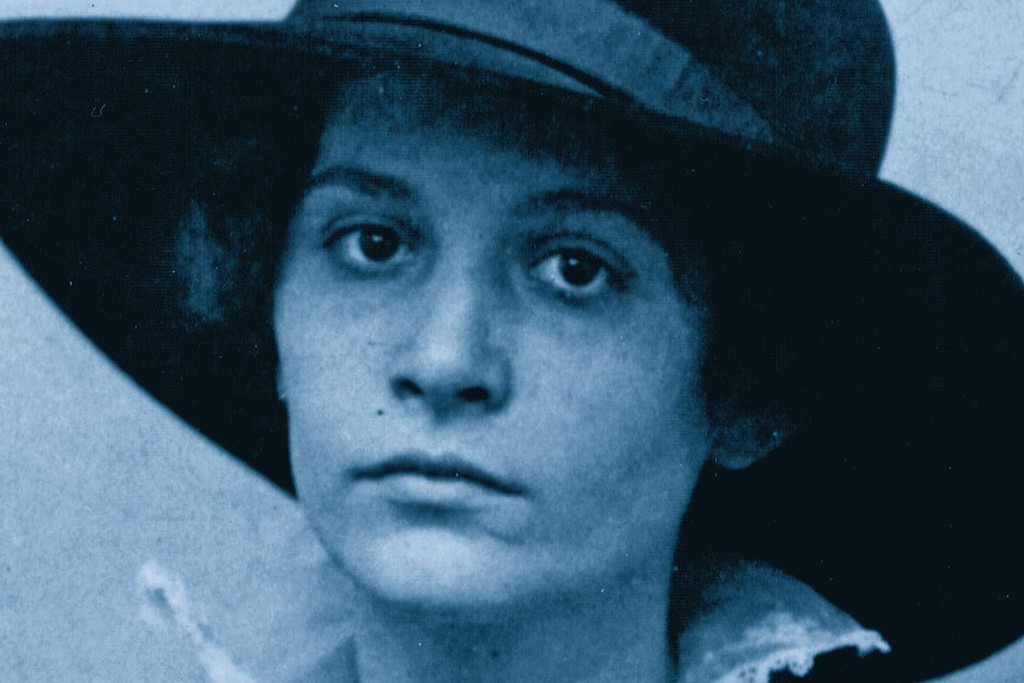“Americans are malleable to the point of naivety. They are docile and uncritical. You can lead them on a merry dance.” If you were unaware that these were the diary scribblings of a 22-year-old Swiss in 1927, you might mistake them for an astute remark about the current US president and his followers.
Young man from a rich family
Kurt Mettler was the young man in question. Mettler hailed from a wealthy St. Gallen industrialist family. He was a very good cellist, possessed a doctorate in law, and had made a name for himself thanks to fast cars, skiing escapades and flying as a passenger on the world’s first air routes. Mettler quickly realised that diaries were the form of literary expression to which he was most suited, viewing them as his “support system”, if not the central focus of his existence. He wanted to publish his “Tagebuch eines Einsamen” (Diary of a lonely soul) as early as 1927. However, it was not until he began travelling around the globe with his brother in the same year that the world properly opened up before him.
Witness of his time
Ready to share his musings with the wider public, Mettler saw himself as the chronicler of his era. He reported on a broad cross-section of social life in the USA in particular – where he portrayed fascinating people, described concerts featuring Furtwängler and Toscanini, and took an interest in early and contemporary art (with a view to opening an art gallery in Europe one day). His musings on the younger generation, of which he saw himself as a fully paid-up member, are particularly worthy of note. “We are the new generation, and it is up to us to think differently,” he wrote, adding that Plato, Spinoza and Schopenhauer were dilettantes in his opinion. “Did they invent anything absolute worth following?”
Gallery owner in Paris
Mettler returned to Switzerland via Japan, Korea and Russia in 1928, but contracted amoebic dysentery along the way – an infection he found hard to shake off. His American diary was ready for printing by the time he left for Paris to open a gallery in March 1929. He also kept a diary of his stay by the River Seine, not only recounting his vain attempt to make it as a gallerist but also documenting the personal crisis he suffered as a result of his homosexuality, which he kept secret. Mettler’s liaison with a fascinating young man is one of the most moving passages in the Paris diary – a journal that would remain unfinished after the author suddenly died from blood poisoning on 12 September 1930 at the age of 25, leaving behind a considerable mountain of debt in the process.
Inaugural publication 90 years later
Mettler’s diaries would never have found their way into the public domain had they not been unearthed by distant relation David Streiff, the former head of the Federal Office of Culture. It was Streiff who published them, commissioning historian André Weibel to produce an expertly edited edition. To the surprise of many, this forgotten young man has returned to prominence 90 years after his death with a book that not only depicts the America of that era just as vibrantly as the Paris art scene, but is also quite visionary in many ways – Mettler’s foresight regarding technical advances such as aviation being one example. Statements such as “You cannot be happy and know you’re happy at the same time” also reveal a remarkable depth of thought in someone so young.
Charles Linsmayer is a literary scholar and journalist in Zurich.
Bibliography:
Kurt Mettler – “Tagebücher 1927–1930” (Diaries 1927–30); published and edited by André Weibel. Limmat Verlag, Zurich 2019, 1,040 pages, CHF 59.











Comments
Comments :
As a result of the tone of your introductory remarks, the rest of your article was of no worth.
Die selbstgefällige Art, einfach nur den Rahmen des Schriftorgans zu Kritisieren, wenn da was geschrieben steht, was nicht der eigenen Meinung entspricht, ist zwar populär, aber keine Bereicherung für den Leser.